JournalismGrants & ImpactAFRICA camps
How to build a workplan
Project management: tips and tricks for new grantees
Jacopo Ottaviani – @JacopoOttaviani
ICFJ Knight Fellow - Data editor at Code for Africa

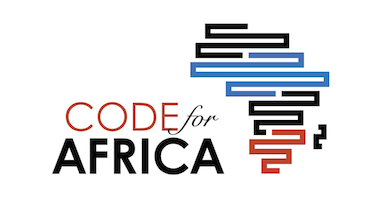

Quick résumé
- ICFJ Knight Fellow 2016-19, Chief Data Officer at Code for Africa
-
Data journalism for 5 years
- Mostly in Europe and Africa
- Working at the intersection of media, technology and data science
-
I coordinated multiple projects w/ JournalismGrants.org
- Land grabbing project (very first round! 💥)
- E-waste Republic: https://elpais.com/especiales/2015/basura-electronica/
- Lungs of the Earth: http://bit.ly/lungs-earth
- Co-authored cross-borders data projects such as #MigrantsFiles and #GenerationE
How to build your workplan?
Ingredients:
- Team
- Tasks
- Time
- Budget
- Content
- Audience and format
- Publication and dissemination strategy
- Impact
- Tools
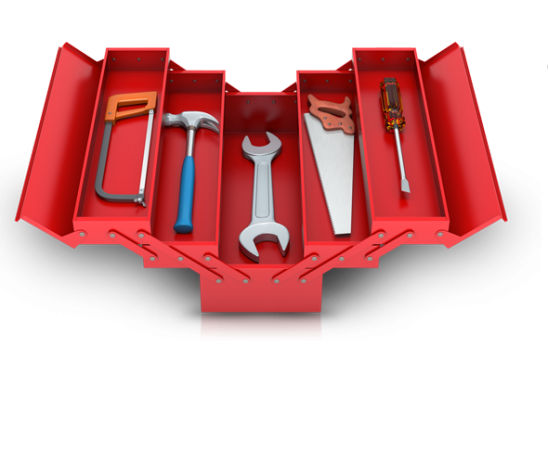
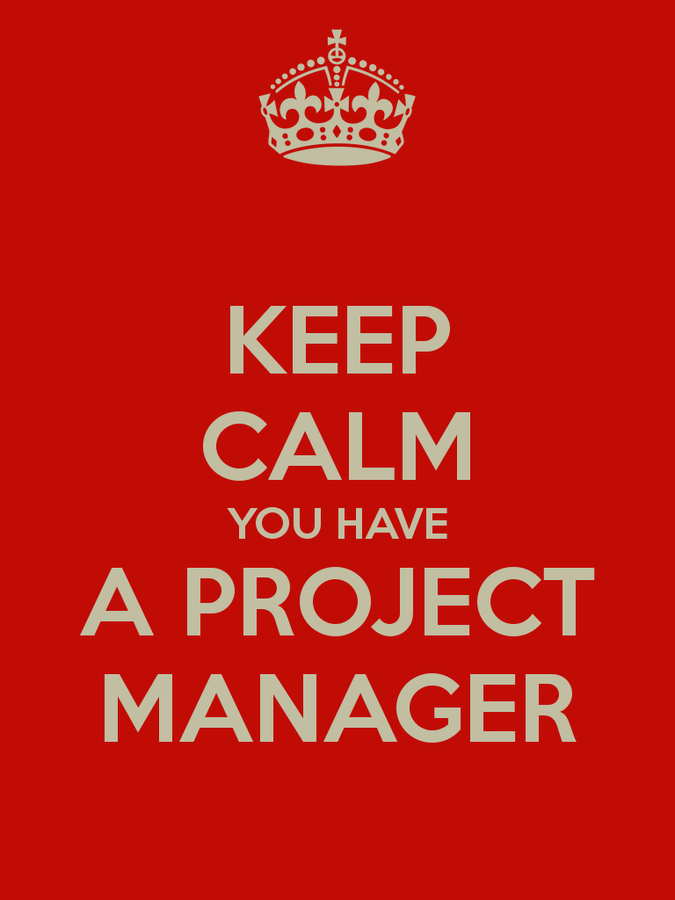
Manage your team
Appoint a project manager or coordinator (you?), in order to:
- Define roles of all participants (a.k.a. areas of responsibility)
- Minimise complexity (i.e. agile teams work better ⚡️)
- Distribute / outsource tasks
- Keep a bird's eye view on the project
- Take decisions, deliver and negotiate with partners
Build your team
- Typical roles in these kind of projects
- Journalist
- Film-maker / photographer
- Data expert / researcher
- Designer / Illustrator
- Video editor
- Developer
- Translator
- Project manager
- Social media manager
- Fixer(s)
- Media diplomat
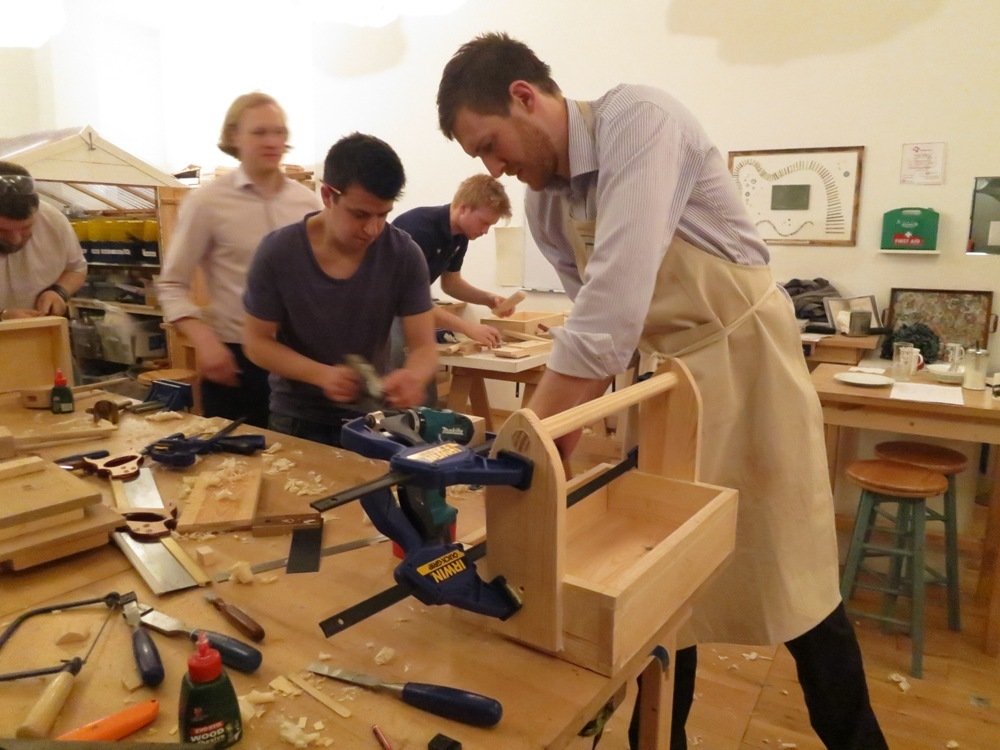
Build your team, 2
- Usually some members cover more than one role
- Journalist
- Film-maker / photographer
- Data wrangler / Researcher
- Designer / Illustrator
- Video editor
- Developer
- Translator
- Project manager
- Social media manager
- Fixer(s)
- Media diplomat
JACOPO
ISACCO
EXTERNAL
Manage your tasks
- Some tasks can be ran concurrently
- Every task should have:
- task ↔ deadline
- task ↔ person in charge
- task ↔ budget line
- The coordinator should constantly keep a bird's eye view on the project
- The coordinator will report back to the funders/partners

Manage your time
- You all have a deadline. Set more!
- Share a calendar within your team ⏰
- Set flexible time-slots (try not to have tight timetables)
- Count up to 3 weeks of «buffer zone» from "zip delivered to media" to "publication up and running"
Publication strategies
- There are many options that can be combined:
- One-off simultaneous publication (e.g. on World Health Day)
- Multiple stories published on different days
- Modular story (narratively stand-alone stories that can be published separately and eventually together in a longform / web-doc)
- Series of stories
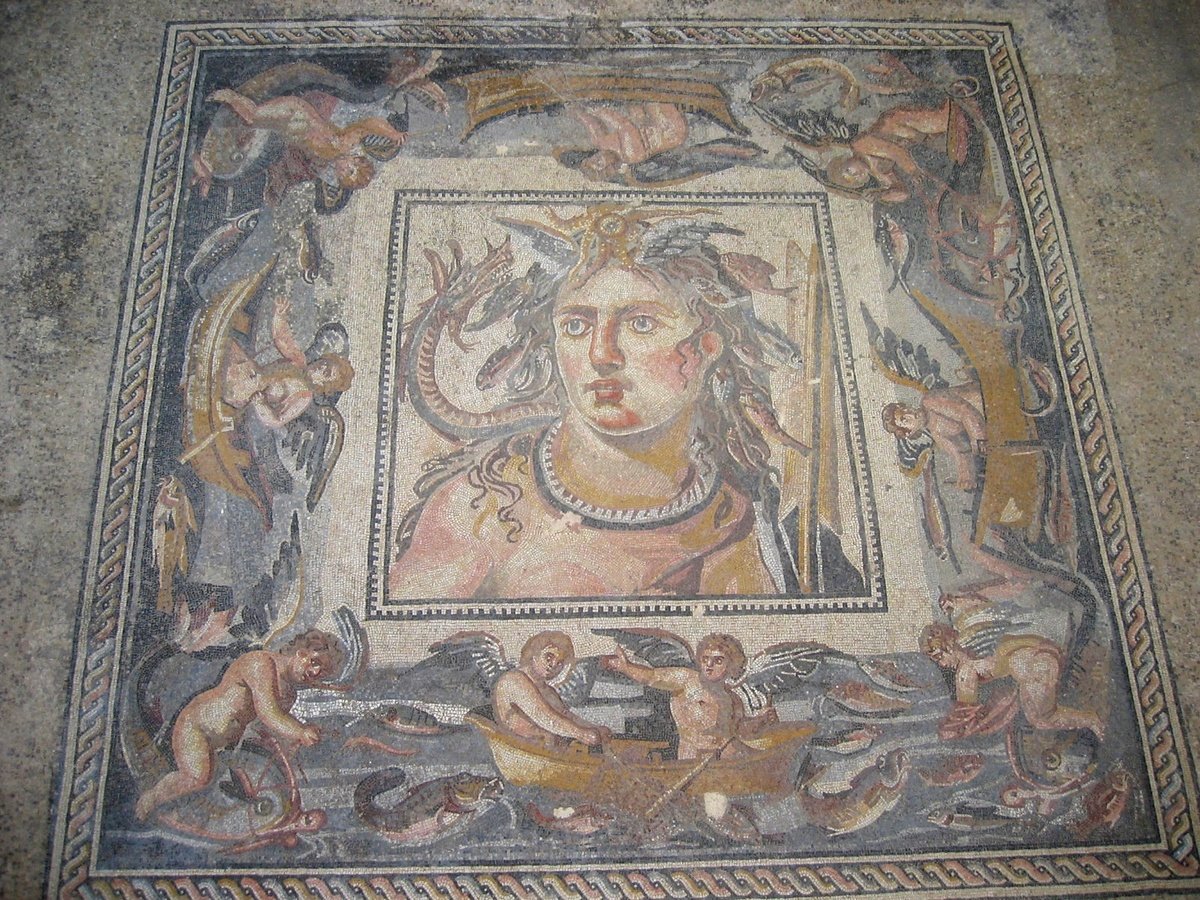
Lungs of the Earth
- 4 short stories (text + videos)
- Long form project (4 videos above + extra content and dataviz)
- Some satellite-publications (a photo story)
- One brand #LungsOfTheEarth (to expand the project in the future, publish extra content)
- All content distributed on multiple media in 5+ languages
- Scalable project: more episodes to come from the other world rainforests, such as Congo Basin
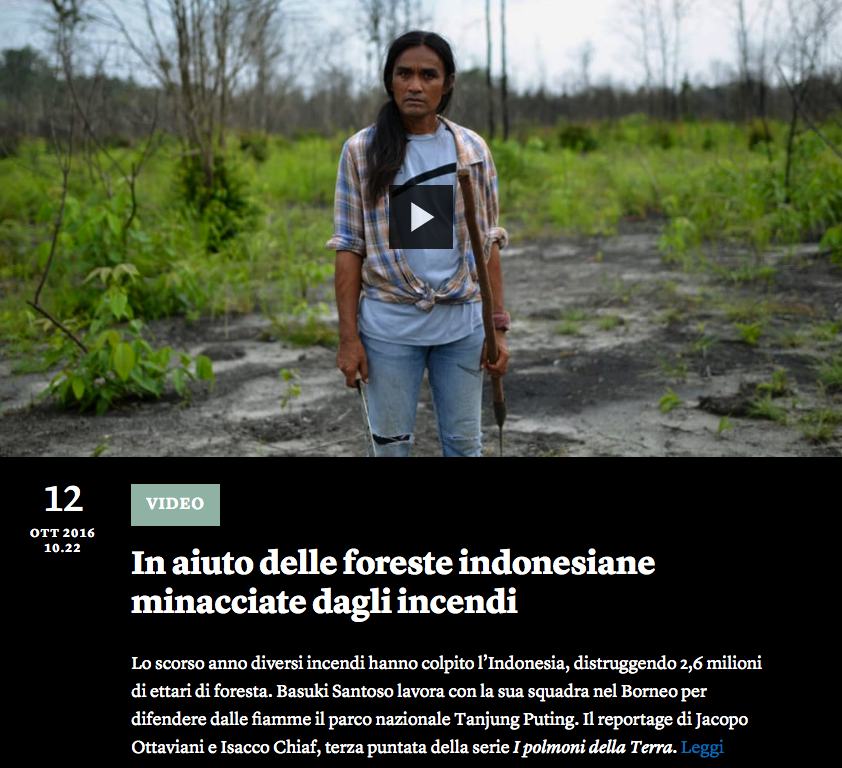

Explore it: http://bit.ly/lungs-earth
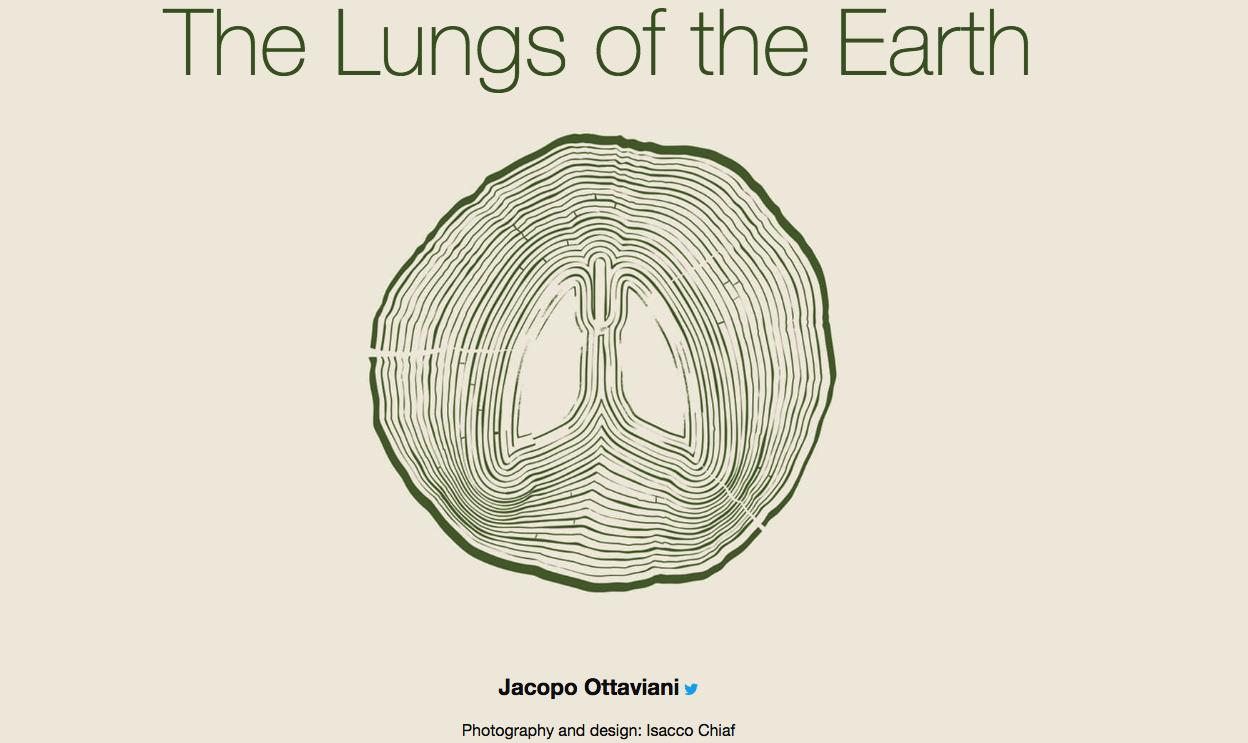
☝️
Less is more.
Simple solutions trigger impact!

http://interactive.aljazeera.com/aje/shorts/india-menstruation-man/
Media diplomacy
- Involve staff and make them feel part of the project / coalition
- Tell media partners from the beginning about your coalition
- Make editors' and techies' lives easy (give them a zip-file, vectorial files, subtitles, etc.)
- Do not give your stories away (collect multiple fees 💰)
- Build a coalition of partners:
- for European partners talk to EJC
- for African partners talk to Code4Africa
- for US, Asian & Latin-american partners > ICFJ
Map your audience 🗺
and go cross platform!
- Map audiences you want to target
- Your content can be repackaged, recycled, upcycled, translated and adapted to serve your audiences
- Different audiences use different platforms (e.g. radio is fundamental in many regions in Africa)
- Videos can be re-used (online & on TVs)
- Audio can be extracted from videos and re-used for radios or podcasts

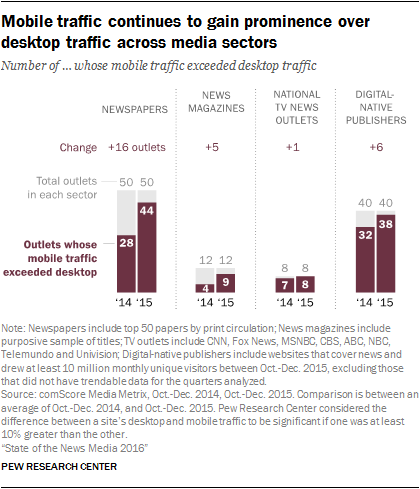
Go mobile.
Useful tools
- Use Google Drive for co-editing and file sharing
- WeTransfer to transfer heavy files
- Slack for communication & project management
- Invision to share and comment design previews (especially when you work with a designer)
- Github for code

Slack.com
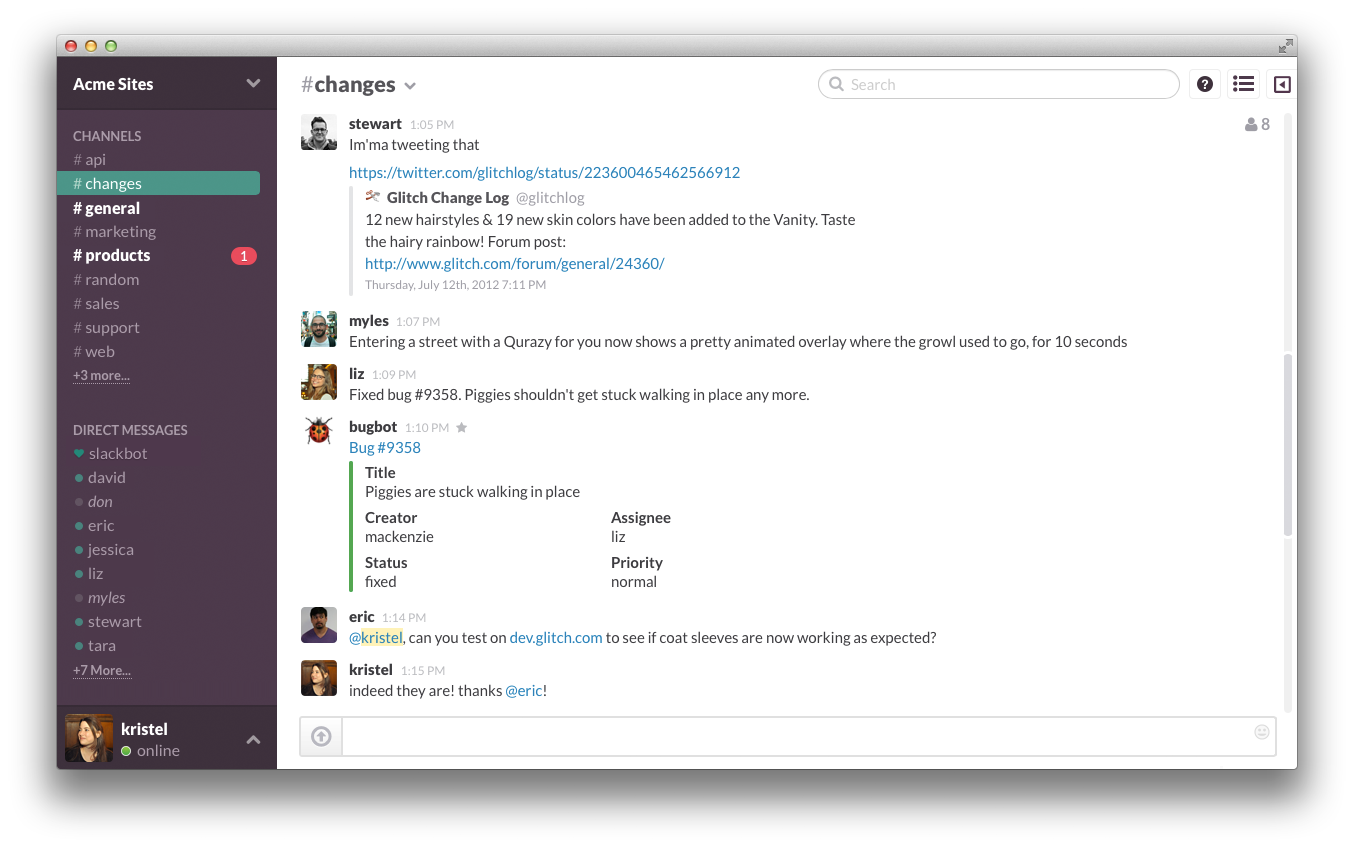
Final tips
- Use a hashtag to identify your project (ask media outlets to tweet using that hashtag)
- Negotiate w/ media a number of tweets/shares (not just one!)
- Remember to monitor the stats of your project:
- include an Analytics code, or
- make sure they monitor stats and collect data after publication
- These projects take time: do not forget that things could change quickly (keep asking your sources about updates before publication)

LIVE THE POETRY
Thanks.
Questions?
@JacopoOttaviani



